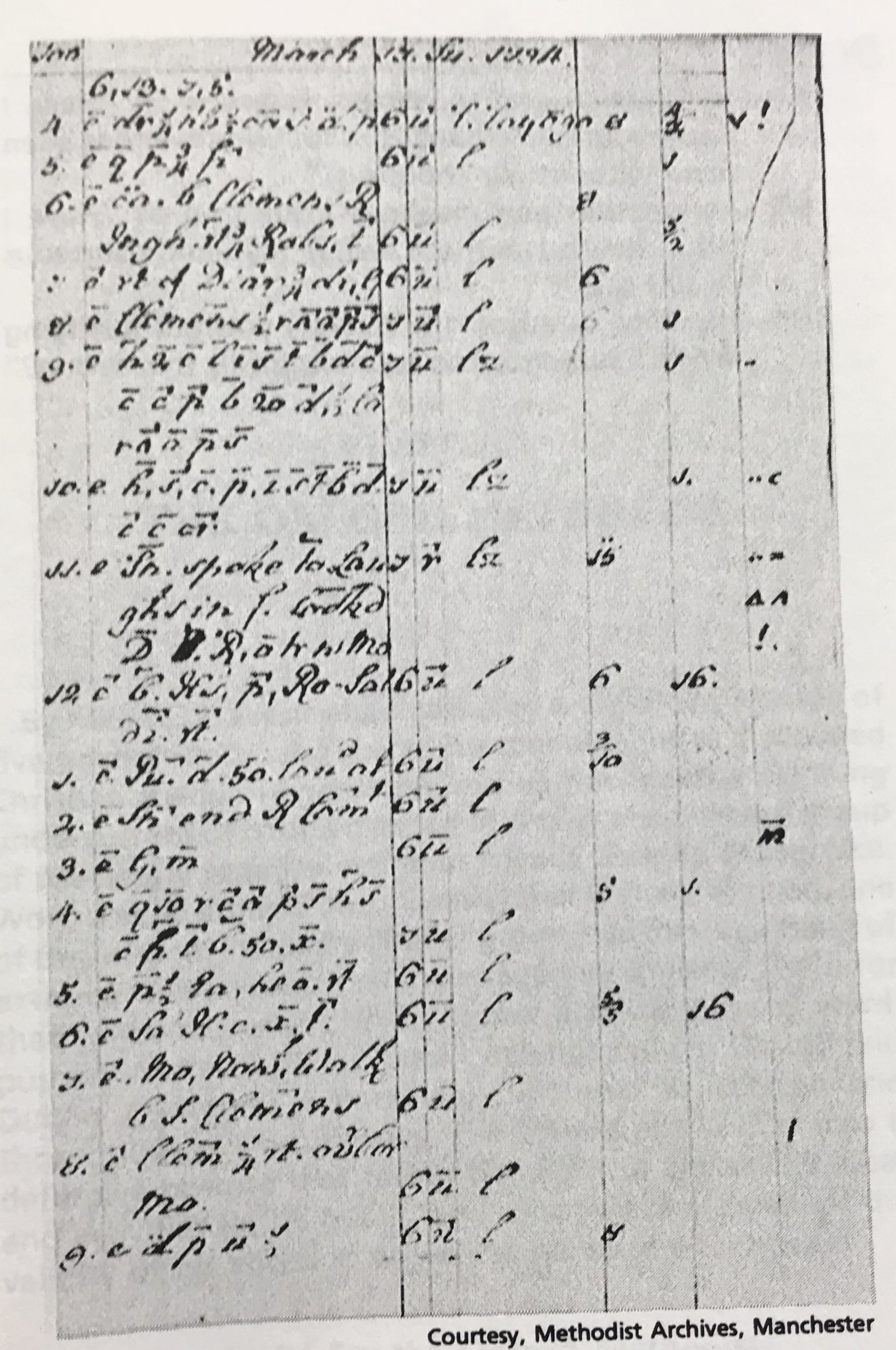Methodists and Strangely Warmed Hearts
/As we draw near the General Conference which will determine the future shape of the United Methodist Church, it would serve us well to reflect on the theological and spiritual legacy which John Wesley left us.
It would be easy to list all the good things that Methodism has done since the 18th century; from schools to hospitals, homeless shelters to civil rights movements, from UMCOR to UMW. However, all the good work that Methodists have done is really the fruit of the spiritual foundations that John laid.
As a young man, John was a perfectionist. He grew up under the strict watchful eye of his priest father and loving mother, and imbibed their piety and concern for good order. He wanted to be a good Christian, to the extent that he and his brother formed a “holy club” while students at Oxford. While his peers were enjoying the freedoms and excesses of university life, John and Charles Wesley spent their extra time in prayer, Bible study, visiting prisoners, and receiving communion in evening chapel services.
Once ordained as an Anglican priest, John took the opportunity to become a missionary to America. He took a post in Georgia, and started making plans to evangelize the Indians. But he discovered that his parishioners weren’t as interested in the Christian life as he thought, and he made virtually no inroads into Indian civilization. After a brief romance ended in bitter disappointment, John set sail for home, dejected and broken.
The months following his return were filled with anxious searching. John felt driven to lead a good, Christian life, but he worried that he simply wouldn’t be able to do so. He came face to face with his fragile psyche and soul.
That’s why what happened on May 24, 1738 was such a pivotal moment for him. While at a Bible study somewhere on Aldersgate Street in London, John felt his heart “strangely warmed” as he came to a sudden realization: “I felt I did trust in Christ, Christ alone for salvation; and an assurance was given me that he had taken away my sins, even mine, and saved me from the law of sin and death.”
What happened that hadn’t happened before in John’s heart?
For one, John finally believed the gospel. He had “known” it before; he had even been ordained into the church, meaning that he assented to the church’s teaching and creeds. But he hadn’t really internalized it.
One way to put it is that the truth of God’s love and forgiveness was in his head, but hadn’t made the “longest six-inch journey” to his heart. He didn’t really act as if he believed it, until that fateful day.
Unfortunately, not all Methodists these days have come to a similar realization. Some Methodists have never made that journey from the head to heart, and that may be the fault of the institutional church, which tends to favor the head in most matters. Even our worship tends to be intelligence and knowledge-based. We sing from books, read prayers from bulletins, and assume a certain level of education.
I realized long ago that it doesn’t matter how many times I say, “God loves you and forgives your sins,” because some people don’t really hear it, don’t know what to do with it, don’t truly believe it. Until that becomes rooted in your heart, you won’t live the Spirit-filled life that is the birthright of us all.
Which brings me to a second thing that John Wesley gifted us. The Aldersgate experience taught John that he was not accepted by God as a result of all the good things he did, but was a free gift of grace. He also discovered that, suddenly, he was motivated to do good works as a response to God’s grace. And he found that grace was a free-flowing, ongoing gift.
He called the process of growing in grace, “sanctification,” and the doctrine of sanctification which he developed is one of the hallmarks of Methodism. For the rest of his life, John preached that we are made right with God by grace, and that this is not a one-time experience, but an ongoing process by which we draw closer and closer to God. He stressed the importance of staying close to each other for support and accountability, while also availing oneself of all the means of grace.
This message was radical for his time, and I believe that it remains radical, particularly in 21st-century America, which seems to inject a kind of individualistic, pull-yourself-up-by-your-own-bootstraps, punishment-and-reward ethos into all things, even religion.
As a result of John’s preaching, Methodists have been doing very good things for over 250 years. But it’s important to remember — we don’t do good things hoping that God will love us; we do them because we know that God already does, and we want to pass on the good news to others.
So my fellow Methodists, here’s the question that John leaves for each of us to answer: Do you trust in Christ, Christ alone for salvation; and do you have an assurance that he has taken away your sins, even yours, and saved you from the law of sin and death?




